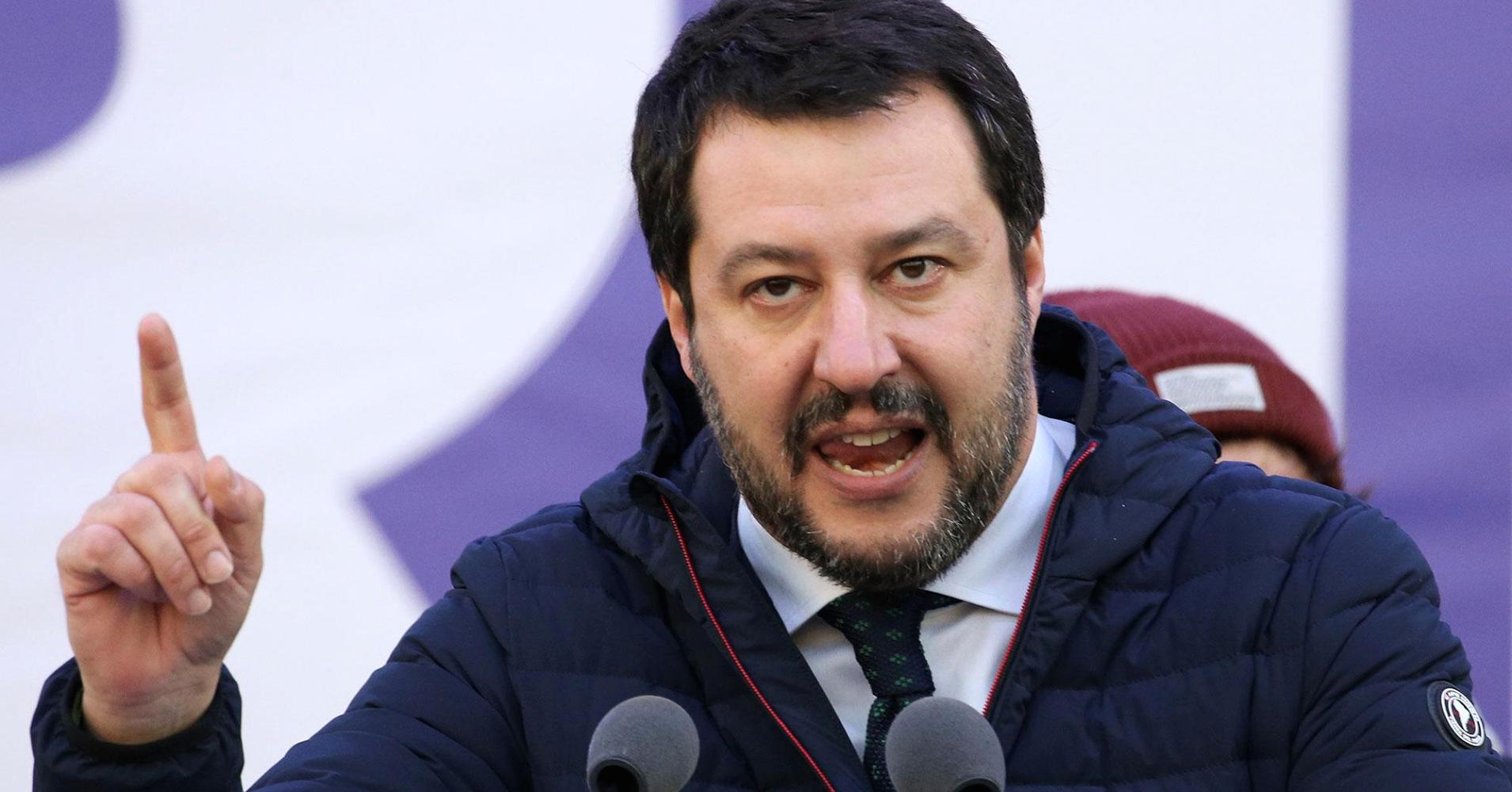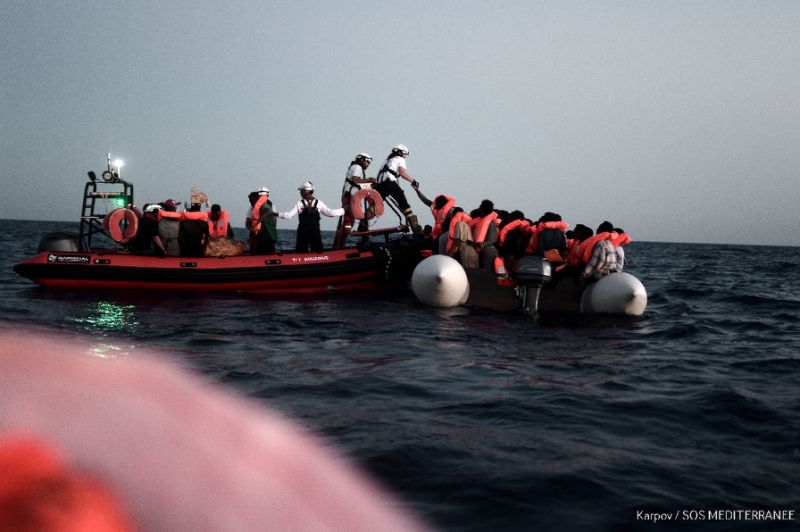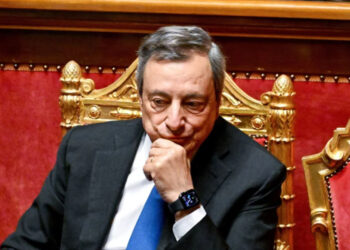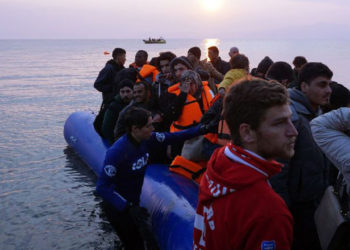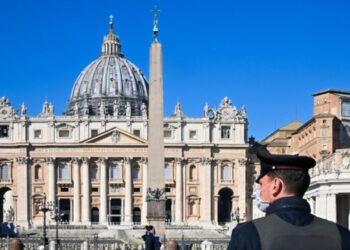Many see the results of Italy’s elections in March as very bad news for Europe. First, the results dashed the hope (fueled by recent elections in the Netherlands, France and Germany) that “old Europe” might be able to resist the rise of anti-establishment and populist forces that caused political upheaval elsewhere. With the dissident Five Star Movement (M5S) coming in as the indisputable winner at 33 percent of the vote and the far-right League third at 17 percent, Italians clearly handed majority to forces outside of the political mainstream.
Second, these winners voiced critical opinions about the value of European monetary integration for Italy. Could their coming to power threaten the exit of a founding member and one of the Eurozone’s largest economies?
Last, but not least, these parties focused their electoral promises on increasing transfers and cutting taxes, which are potentially dangerous propositions in a country as indebted as Italy. If investors lose confidence in Italy’s willingness and ability to service its debt (as they did in late 2011, when the European Central Bank had to intervene to stop the surge of the yields on Italian bonds), an Italian debt crisis could wreak havoc in all of Europe’s economies. Participation of the runner-up Democratic Party in the government might have alleviated some of these concerns, but the government that was finally sworn in at the beginning of this month consists of just M5S and the League.
As ominous as this situation might seem, the Italy under the new M5S-the League government is not forebodingly different from the Italy that has been part of the progressively deeper economic and political integration of Europe since the late 1970s.
Outsiders with Populist Tinge
The outcome of the recent elections is similar to the one in 1994. Back then, Italy elected a coalition of political outsiders with a populist tinge, consisting of Forza Italia, the National Alliance and the League, out of frustration with old elites. However, two years later, Italians returned to the ballot box only to choose a coalition very much in line with European centrism (led by the predecessors of the Democratic Party). This gave rise to a relatively regular alternation in power between the populist center-right and the Europeanist center-left between 1994 and 2018. During this time, Italy became a member of the Eurozone and had few conflicts with the European Council or Commission.
Although the rhetoric of the new populist coalition is arguably somewhat harsher than that of the populists of the 1990s and 2000s (especially the League’s anti-immigration stance, made more salient by the immigration crisis of the past three years), there is at this point little reason to assume that Italians are turning away from democracy and European values for good.
Doubts about Italy’s place in European economic integration do not originate with the current coalition, either. As early as the time of the creation of the European Monetary System in 1978, Italian policymakers were wary of fixing the exchange rate of the lira to other European currencies for fear of damaging economic competitiveness and had to be strong-armed by their European partners into joining.
Indeed, Italy struggled with keeping parity throughout the 1980s, devaluing the lira several times until it fell out the system definitively in 1992. When it came to joining the euro, even the Europeanist center-left dithered until the very last moment, weighing the benefits of lower financing costs on government debt against the potentially prohibitive cost of loss of economic competitiveness.
Toning Down Criticism
Emphasizing these economic costs of the euro was obviously politically expedient for the League and M5S during the campaign against the Democratic Party but in government, they too, have to be mindful of the implications for the costs of government debt. As a result, the League’s leader Matteo Salvini has already toned down his criticism of the euro, saying that while joining was a bad idea, the costs of leaving would be too high.
Tax Cuts and Increased Spending
The parallels with the past four decades are possibly the strongest when it comes to the new coalition’s plans to cut taxes while committing large sums to maintaining the livelihoods of broad sections of the population dependent on the state.
Keeping tax pressure low (whether by condoning tax evasion or by explicitly cutting rates) to woo the more prosperous Northerners has been the electoral strategy of every center-right government, from the Christian Democrat-led government of the First Republic to the populist coalitions of the Second, as has been the catering to the dependents of the state in the less prosperous South by a combination of transfers, subsidies and public employment.
Although the design of the new coalition’s policies is much more overt and institutionalized than the often-obfuscated measures previous center-right forces took (the League proposes a flat tax, while M5S wants to introduce a universal basic income scheme, and both endorse a point-based pension reform), the target constituencies and the fiscal effects are the same.
The deficits that such contradictory fiscal policies generate are obviously unsustainable in the long run. It is impossible to say, however, how likely they are to spook markets in the short term. With debt at record levels, the sensitivity of investors might be high. However, if interest rates stayed as low as now, even this larger debt stock would generate lower interest costs (and leave more room for primary deficits) than under previous center-right coalitions that pursued the same policies without triggering market panic.
Yields did surge in the past weeks suggesting that the new government needs to tread carefully, but experience has shown that in the face of threatening market reactions, governments do back down.
In sum, Italy’s new government coalition is symptomatic of many of Italy’s long-term woes: the persisting conflicts of interest between the tax-tired North and the transfer-hungry South; the constraints of euro membership on competitiveness hindering economic recovery; and the resultant rejection by voters of parties that deliver no economic prosperity in return for pains of reform. In the short term, however, there is no reason to despair.
Disclaimer: The views and opinions expressed here are those of the author and do not necessarily reflect the editorial position of The Globe Post.

